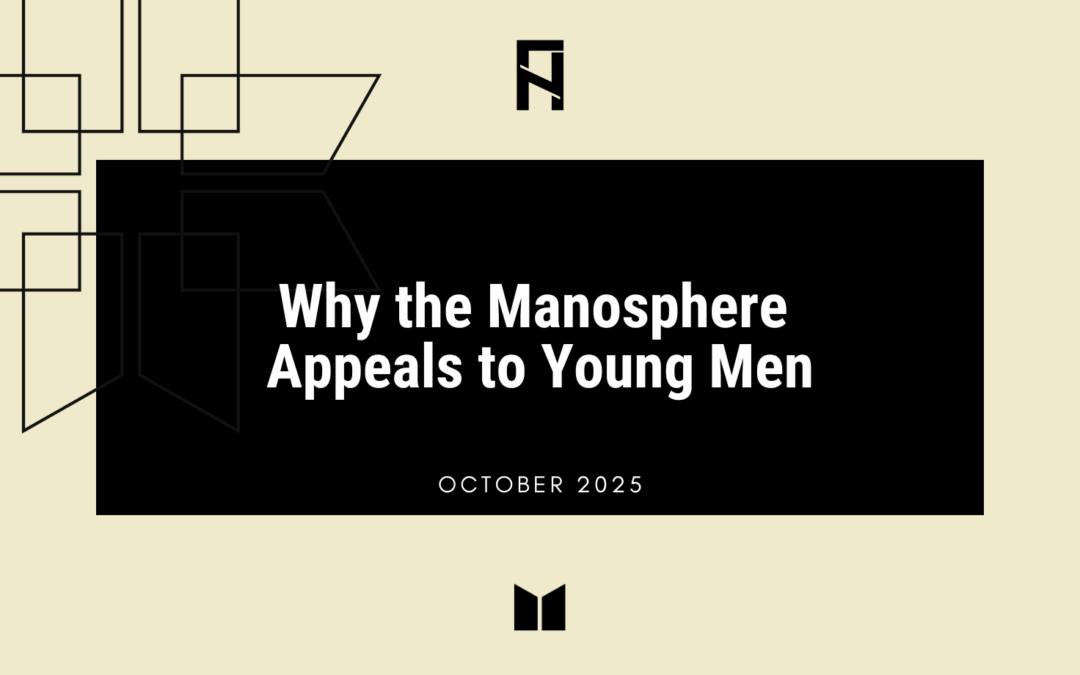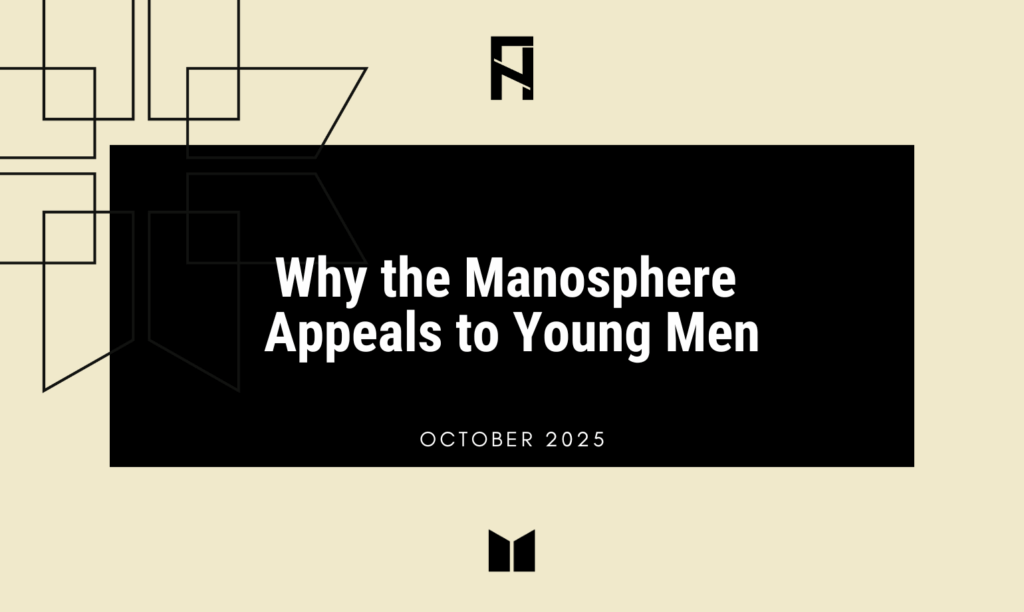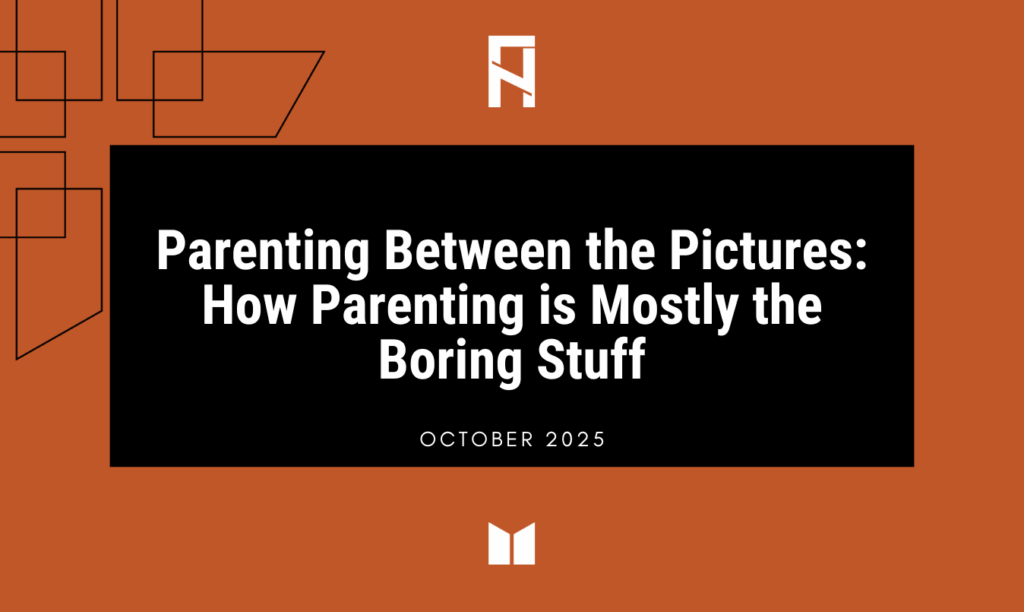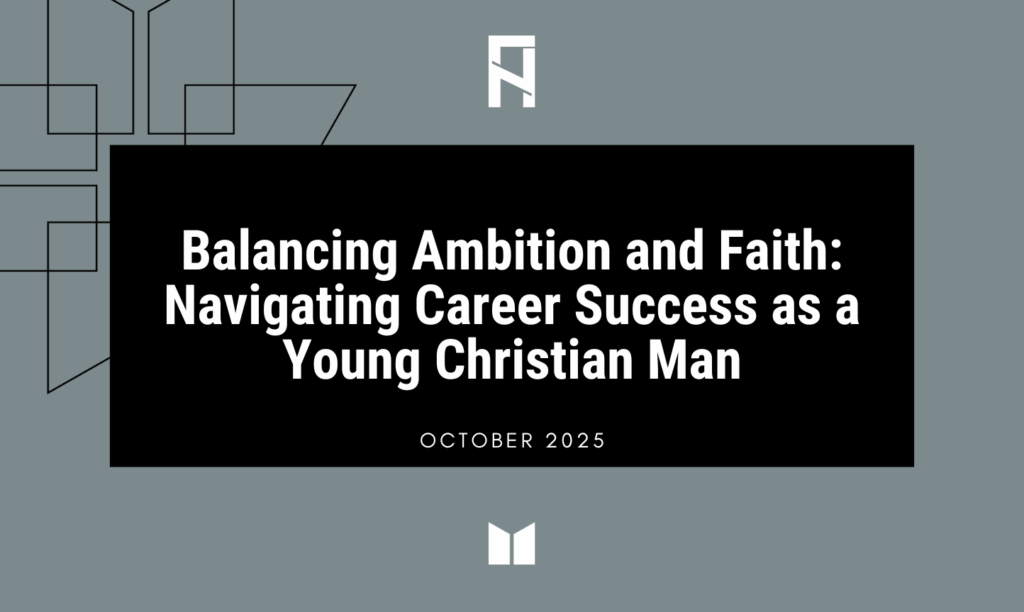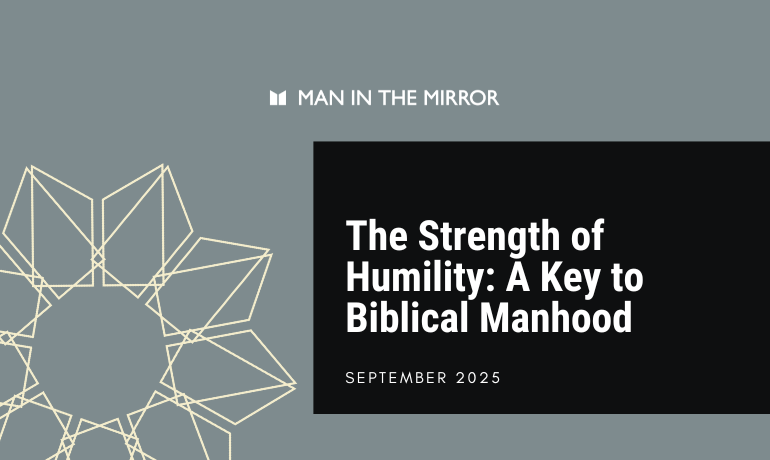Stand at the crossroads and look; ask for the ancient paths, ask where the good way is, and walk in it, and you will find rest for your souls. -Jeremiah 6:16
Young men sit alone a lot these days, usually bathed in the blue glow of their phones. Their faces are blank, their earbuds in, as they scroll in search of something. Like they are waiting for someone to tell them what to do next.
If you’ve noticed it too, you know the question that hangs in the air: Why are so many intelligent, capable men turning to controversial Manosphere voices for guidance on how to live?
It’s not because they are fools. It’s because they are hungry. The Manosphere is not thriving because it is wise; it is thriving because it is one of the few voices offering a clear, if flawed, answer to the question: What does it mean to be a man and live a worthy life?
The maps are rough, sometimes toxic, sometimes dangerous. But a flawed map feels better than no map at all.
The Void of Purpose (The “Why”)
For most of human history, men lived inside stories that were bigger than themselves. They were farmers, blacksmiths, soldiers, priests, sailors. Their lives were woven into communities where their roles were clear and their duties unmistakable. The “why” of manhood was not in question.
But our modern experiment in radical individualism has dissolved those clear roles. We told ourselves this would mean freedom. In some ways, it has. But freedom without direction often feels like standing in a blank, foggy field with no landmarks in sight. Every option is open, which means no option feels necessary.
The Manosphere answers with a concrete, measurable “why.” Get strong. Get rich. Get respected. The goals may be narrow and self-centered, but at least they are tangible. When you are starving for direction, even a half-truth tastes like a feast.
The deeper problem is spiritual. We were not created to live as free-floating atoms of self-definition. We were created to glorify God and to find our purpose in His story. Remove that transcendent “why,” and we will grasp at any substitute that feels solid.
The Void of Discipline (The “How”)
Our modern culture is deeply allergic to hardship, discipline, and hierarchy. We are told to follow our bliss, to prioritize comfort, and to view any claim of authority with suspicion. The Manosphere offers a stark and compelling counter-narrative: embrace discipline. Master your body, master your schedule, master your finances, master yourself. This message of radical personal responsibility is powerfully attractive to men who feel adrift in a sea of affirmation and victimhood. It speaks to a primal understanding that nothing of value is ever built without sacrifice and routine.
The Christian life is, of course, a disciplined life. The problem is not the call to discipline, but the end to which that discipline is directed. Is it for self-glorification or for God’s glory?
Christian discipleship calls a man to the difficult work of self-denial. To build routines of prayer, service, and sacrifice that make his own ego smaller and his awareness of God larger. The Manosphere’s discipline is for self-glorification; it is the project of building a monument to oneself.
Yet, for a man who has never been called to build anything at all, the second option can feel like a revelation.
The Void of Brotherhood (The “Who”)
Perhaps the sharpest pain of modern manhood is loneliness. Study after study shows that men today have fewer deep friendships than any previous generation. The easy fraternity of work crews and neighborhood porches are gone. Many men now go months without the kind of shoulder-to-shoulder companionship that nourishes the soul.
Online tribes rush to fill that void. Even if they are combative, even if they are fueled by grievance, they offer men a sense of shared struggle. “We’re in this together” is a powerful drug, even when “this” is anger or resentment.
But again, the ache is legitimate. We were designed for koinonia (life-on-life fellowship). Brotherhood is not a luxury for men; it is oxygen. The Manosphere is, at best, a faint echo of this. It gives men a tribe, but what they need is the Body of Christ.
A Flawed Map
If you want to understand the pull of the Manosphere, you cannot start with scorn. You must start with compassion. These maps are appealing because they speak to three deep voids: purpose, discipline, brotherhood.
We cannot simply rip the map out of their hands and sneer at its flaws. We must first see the hunger it acknowledges, the ache it addresses, the legitimate question it tries to answer. Only then can we point to a better map.
The coffee shop boys scrolling their podcasts are not fools. They are searchers. And the tragedy is not that they are searching.

